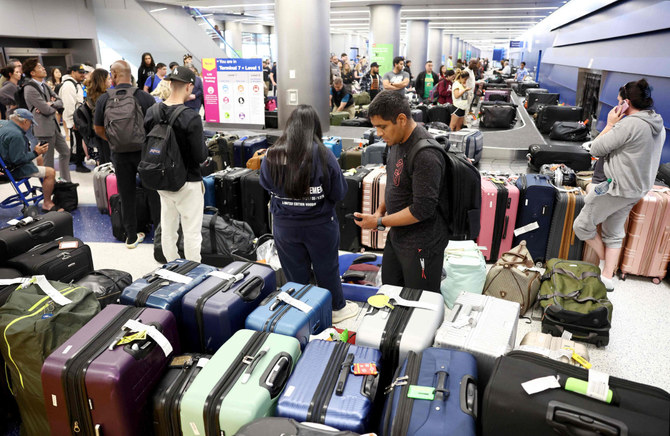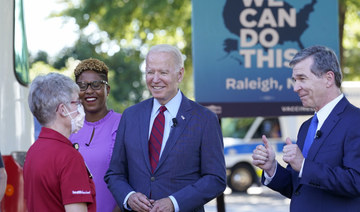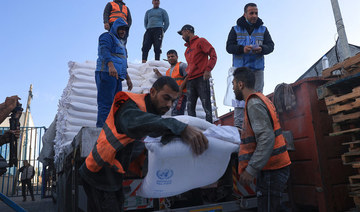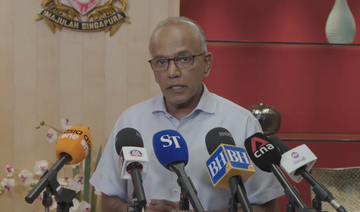United Airlines CEO Scott Kirby apologized Friday for hopping on a private plane to get out of the New York area earlier this week while thousands of United passengers were stranded because the airline canceled so many flights.
“Taking a private jet was the wrong decision because it was insensitive to our customers who were waiting to get home,” Kirby said in a statement issued by the airline. “I sincerely apologize to our customers and our team members who have been working around-the-clock for several days — often through severe weather — to take care of our customers.”
Kirby concluded by promising “to better demonstrate my respect for the dedication of our team members and the loyalty of our customers.”
Kirby caught the private flight from Teterboro, New Jersey, to Denver on Wednesday, when United canceled 750 flights — one-fourth of its schedule for the day. That figure does not include flights on United Express.
United has canceled nearly 3,000 flights this week, with the largest number at its Newark Liberty International Airport hub in New Jersey, which was hit by thunderstorms for much of the week.
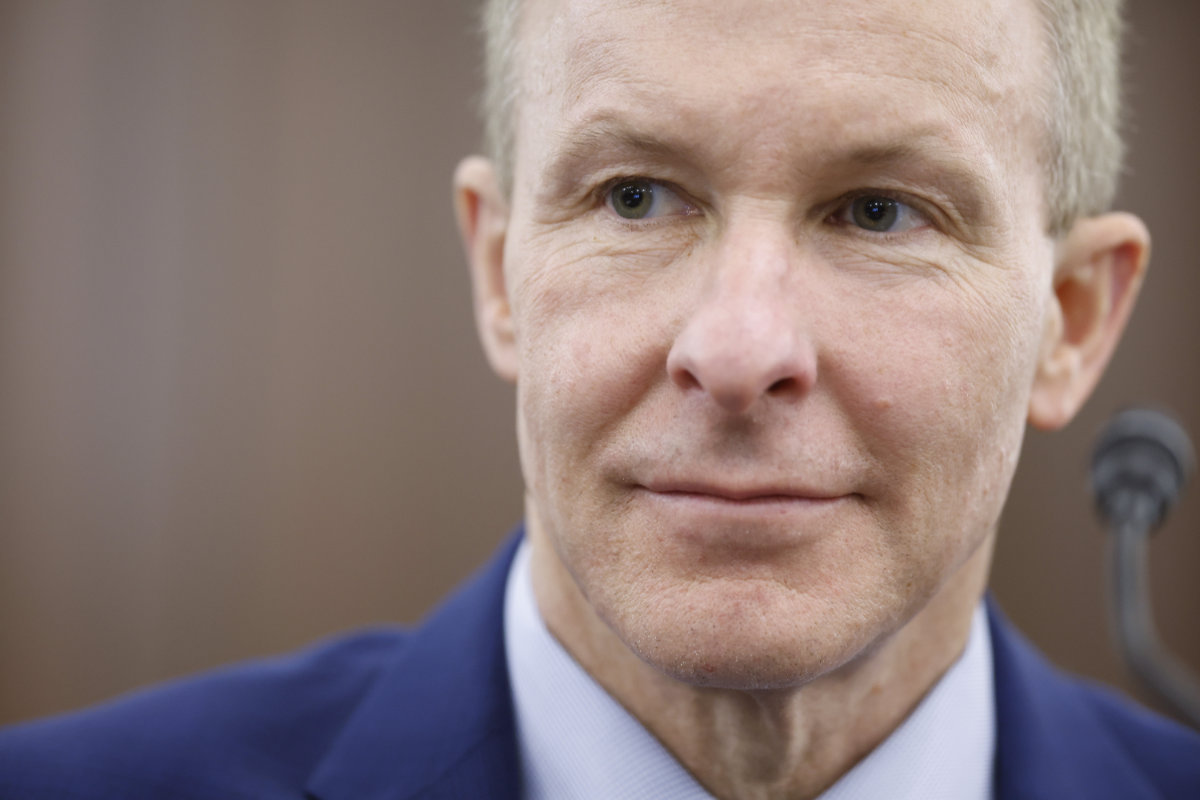
United Airlines CEO Scott Kirby. (AP/File photo)
Kirby blamed disruptions in Newark last weekend on a shortage of Federal Aviation Administration air traffic controllers. He said in a note to employees “that the FAA frankly failed us” by reducing the rate at which planes could arrive and depart the airport, where United is the dominant carrier.
Canceled flights left United planes and crews out of position, hobbling the airline when bad weather hit on Sunday, Kirby said.
As United continued to struggle throughout this week, Transportation Secretary Pete Buttigieg, whose department includes the FAA, said on Twitter that airlines had recovered from the storms “with the exception of United.” He drove home the point by including a bar graph that compared United’s cancelation rate with the rest of the industry.
United’s operation has improved since midweek. The percentage of canceled flights fell from 26 percent on Wednesday to 18 percent Thursday and 8 percent through Friday evening, according to tracking service FlightAware. However, even on Friday, United was on pace to lead all US carriers in canceled flights for a seventh straight day.
United vowed to fix its operation in time for the July 4 holiday weekend, which promises to be a hectic one at the nation’s airports. More than 2.7 million people were screened Thursday at Transportation Security Administration checkpoints, and Friday was expected to bring similar crowds — possibly bigger.
United passengers have taken to social media and talked to reporters about long airport lines and sleeping in airports after flights were canceled.
Unions representing the airline’s pilots and flight attendants have joined in the criticism, accusing United management of poor planning, a lack of crew schedulers, and operating too many flights.
Chicago-based United said it did not pay for the CEO’s flight on Wednesday. The airline declined to say whether Kirby frequently takes private planes.




